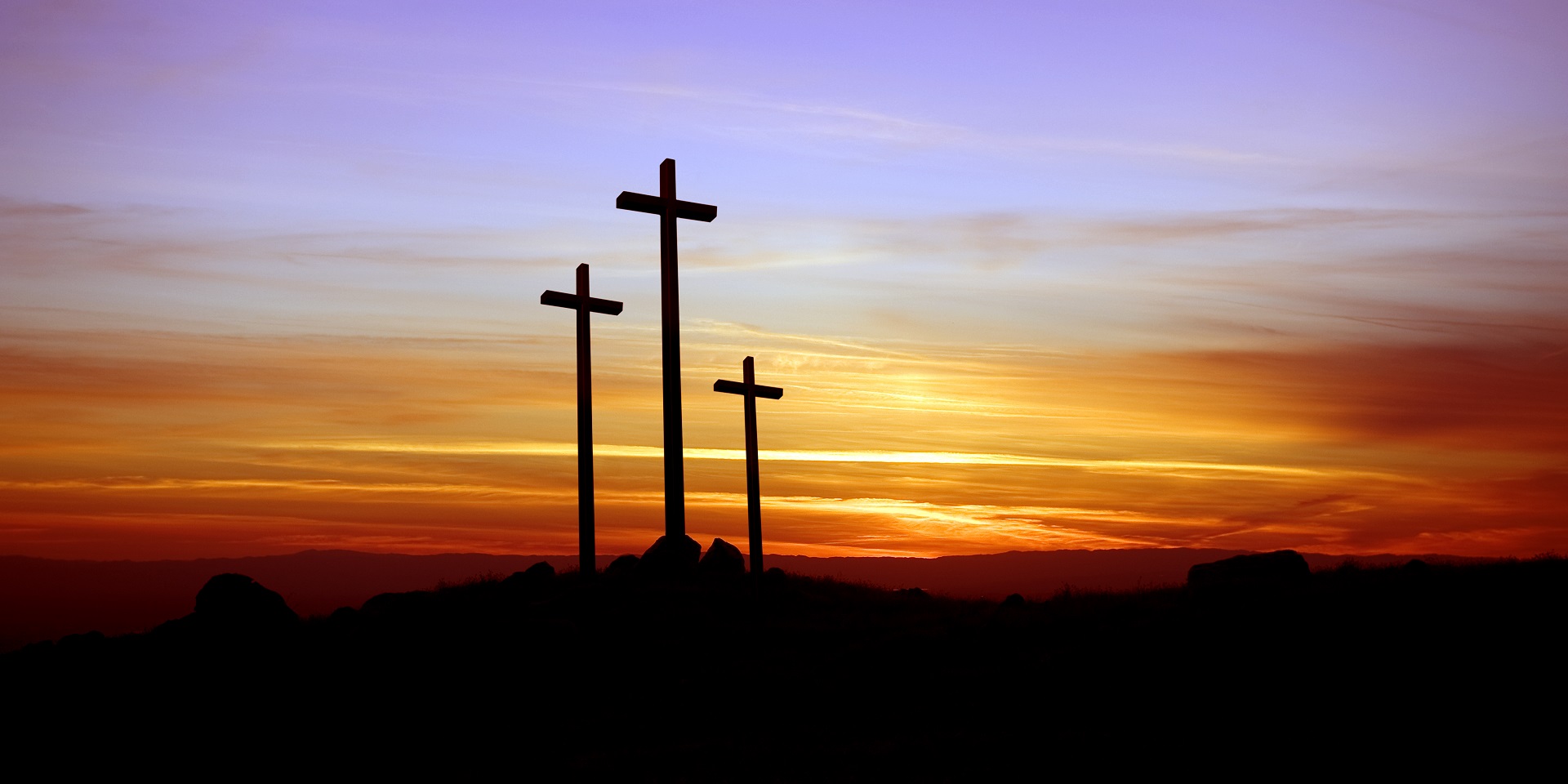The diversity and divergence of religious beliefs clearly indicate that not all religious doctrines and perspectives can be true. Throughout history, there have been vastly different universal religions, each with multiple interpretations and denominations. We have religions, not just “religion.” However, if there is one true religion that respects truth, freedom, and intelligence, the myth of myths collapses.
The myth that Scriptures are myths
World religions are founded on sacred traditions and scriptures. The Hindu Vedas, the Daodejing of Chinese Daoism, the Avesta of Persian Zoroastrianism, the Quran in Islam, and the Bible in Judaism and Christianity, among other sacred collections, are considered fundamental and divine truths. But do we have the right to question their origins?
The Vedas (“Sciences”) are regarded as neither human nor divine but are considered eternal and uncreated. If we measure religious truth by its historical impact on civilization, Hinduism and its derivatives have, for millennia, bound society to superstitions such as the sanctity of the cow. Such literature, no matter how philologically interesting, does not require specialised study to recognize its mythological nature.
The Daodejing and the writings of Confucius are more philosophical and moralistic in nature. They do not rely on mythology nor do they claim to be divine revelations. These can be excluded from the list of sacred scriptures. Zoroaster’s Avesta claims to be the writings of a prophet. However, claims do not necessarily equate to realities. Islamic legends suggest that Zarathustra (Zoroaster), the prophet of the Persians, might have been inspired by Judaism.
Muhammad, the prophet of the Arabs, was essentially a religious reformer, much like Zoroaster. He drew inspiration from Judaism and heterodox Christianity. It is believed that the Quran preexisted in the heavens and was dictated verbatim to Muhammad in prophetic visions by the angel Gabriel, in the purest Arabic. The revelation of the Quran was deemed necessary to correct and complete divine revelation, as the Hebrew Bible and the Christian Gospel were said to have been corrupted by Jews and Christians. In reality, an entire encyclopaedia could be written about the errors in the Quran, independent of its incitement to jihad. For instance, the Quran claims that the Virgin Mary (Miriam) was the sister of Moses, suggesting either a mistake by the one who dictated or by the “prophet.”
The Bible, written over approximately 1,500 years, stands apart from the scriptures of other religions in terms of documentary evidence, philosophical content, moral teachings, historical accounts, and literary quality. Its authors, spanning various social strata and eras, repeatedly claim that God spoke to them, but they do not assert that He dictated the text to them. They wrote in their own language and imperfect style, conveying God’s message. There is no preexisting celestial version of the Bible.
The Bible shows an inherent aversion to “sacred” mythomania and values respect for truth, as evident from an unbiased study of its writings: “Have nothing to do with godless myths and old wives’ tales” (1 Timothy 4:7).[1] It contains original and incomparable philosophical concepts. For example:
- God created man and woman in His own image and appointed both as governors of the entire world in His name (Genesis 1).
- The nations of the world originate from tribes and clans descending from a single family, implying that all humans are brothers (Genesis 10).
- Unlike other scriptures that are mythological in form and content, the Bible uses precise chronology for most events, even the most extraordinary ones.[2]
These are just a few pieces of evidence underscoring the uniqueness and seriousness of biblical writings. Even when it recounts extraordinary events, the Bible’s accounts are sober records, not mythological expressions. The assertion that the Bible contains myths is, in itself, a modern myth.
Myth and the reality about dogma
Dogma refers to fundamental statements of faith, integral to a creed based on sacred scriptures, tradition, clerical decisions, or imperial decrees. The term is often used pejoratively, by both believers and non-believers, because it implies beliefs that cannot be verified, questioned, or rationally justified, but must be accepted based on authority and are not open to alteration or reformulation.
It’s true that religious teachings can be dogmatic. Some religions base their dogmas on ancient traditions, while others rely on more recent supposed revelations that overturn old dogmas and replace them with new ones. Rigid adherence to inherited doctrines is prevalent even in religions derived from the Bible.
Jesus himself criticised the religious establishment of his time, where traditions and interpretations of Scripture had become ossified, defying the Scripture itself, which is considered the Word of God. Generally, dogmas are a sign of human authority. They dictate precisely what to believe and what to do, leaving no room for creativity or deeper understanding.
Unfortunately, even Christianity is significantly affected by dogmatism. Who dares to challenge dogmas like the perpetual virginity of Mary, the intercession of saints, the dispensation of grace and salvation through the seven sacraments, or the materialistic-mystical veneration of icons and relics? Dogmas are prevalent everywhere, even in religious communities that oppose historical dogmas. Some have even invented the prohibition of blood transfusions based on the interpretation of the apostolic council’s decision, which forbade the consumption of blood or the meat of strangled animals (Acts 15:20, 29; 21:25; Genesis 9:4). Any rigid invention or interpretation imposed as an article or test of true faith, which does not accept reexamination, is a dogma. And there are plenty of dogmas.
On the other hand, it is reasonable to officially recognize the authority of God’s commandments and the fundamental assertions of Scripture if we believe that the Bible is the Word of God. The decisions of the Church are legitimate within their sphere of authority as long as they do not override God’s commandments.
Dogmatism should not be confused with faithfulness to the message of Scripture and God’s commandments revealed within it. A religion that lacks stability and treats Scripture as just another religious book is not the religion of God but of humans. God’s commandment is not a dogma; it is more authoritative and enduring than all dogmas combined. Scripture allows the believer to seek the truth independently, without subordination to the faith community. Therefore, the notion that religion is merely dogma is a myth—a convenient excuse dogmatized by those who do not cherish serious inquiry.
The myth that religion is for the simple-minded
In older Slavic languages, the term “simple-minded” referred to those who were unlearned. The role of religion is to educate both the ignorant and the learned. The wisdom of the Bible is intended “for giving prudence to those who are simple, knowledge and discretion to the young.” The scriptures continue: “…let the wise listen and add to their learning, and let the discerning get guidance” (Proverbs 1:4-5).
There are indeed forms of religion crafted by those with interests in manipulating the uneducated. An unlearned person can be more easily convinced to believe in various doctrines. However, religion addresses spiritual needs that go far deeper than knowledge about the universe or the intricacies of quantum physics.
Many scientists from the 16th to the 19th centuries were deeply religious. Copernicus (†1543) was also a cleric. John Napier (†1617), a scientist, was also a theologian. Johannes Kepler (†1630) was profoundly devout. Blaise Pascal (†1662) is renowned for his philosophical and religious writings. Nicolaus Steno (†1686), an anatomist and geologist, was a priest who died from extreme fasting and voluntary poverty in pursuit of salvation. Chemist Robert Boyle (†1691) was a devout believer.
Isaac Newton (†1727) believed in the prophecies of the Bible and wrote commentaries on them. Michael Faraday (†1867), the foremost scientist of his generation, was a pastor of a small religious community[3], a role he valued more than his scientific career. The great physicist James Maxwell (†1879) embraced religion at the age of 22 and believed that drawing theological conclusions from science was illegitimate and dangerous.
Gregor Mendel (†1884), the father of genetics, was a monk. Louis Pasteur (†1895), a prominent biologist, believed that science and religion should not be in conflict. Lord Kelvin (†1907) saw a direct connection between his scientific discoveries and his theology, often summarising the universal principle of entropy by quoting Psalm 102:26.
Thomas Edison (†1931) once said: “Somewhere in God Almighty’s workshop there is…a material from which we can make the filament that the world so desperately needs.” Guglielmo Marconi (†1937) discovered radio waves, driven by his belief that God listens to prayers. While one might not agree with this reasoning, religion undoubtedly inspired his scientific creativity.
James Irwin (†1991), a member of the Apollo 15 crew, was a devout Baptist. In his international lectures, he often said that the greatest miracle wasn’t that man walked on the Moon, but that God, through Christ, walked on Earth. Arthur Schawlow (†1999), a Nobel laureate in laser spectroscopy, stated, “I find a need for God in the universe and in my own life.”
Robert Jastrow (†2008), director of the Goddard Institute for Space Studies, wrote: “A sound explanation may exist for the explosive birth of our Universe; but if it does, science cannot find out what the explanation is. The scientist’s pursuit of the past ends in the moment of creation. This is an exceedingly strange development, unexpected by all but the theologians. They have always accepted the word of the Bible: ‘In the beginning God created heaven and earth.’ It is unexpected because science has had such extraordinary success in tracing the chain of cause and effect backward in time.
“Now we would like to pursue that inquiry farther back in time, but the barrier to further progress seems insurmountable. It is not a matter of another year, another decade of work, another measurement, or another theory; at this moment it seems as though science will never be able to raise the curtain on the mystery of creation.
“For the scientist who has lived in his faith in the power of reason, the story ends like a bad dream. He has scaled the mountains of ignorance; he is about to conquer the highest peak; as he pulls himself over the final rock, he is greeted by a band of theologians who have been sitting there for centuries.”[4]
Physicist and mathematician John Polkinghorne (b. 1930) is an Anglican priest and theologian. Arno Penzias (b. 1933), another Nobel laureate, states: “Astronomy leads us to a unique event, a universe which was created out of nothing and delicately balanced to provide exactly the conditions required to support life. In the absence of an absurdly-improbable accident, the observations of modern science seem to suggest an underlying, one might say, supernatural plan. Thus, the observations of modern science seem to lead to the same conclusions as centuries-old intuition.”[5]
I have mentioned only Western scientists due to space constraints and because the light of science rose in the West. As Easterners, we are first captivated by it. More importantly, the East, through the Bible and Christ, brought the world faith, hope, and love. A true philosophy of life respects the legitimate limits of science, honouring both human reason and divine revelation. The claim that religion is associated with ignorance is a myth crafted for the ignorant.



















